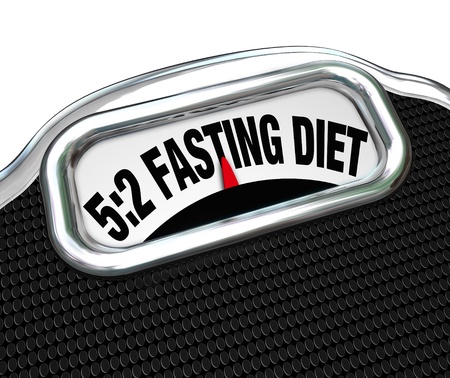Diets can do more harm than good. In this article, an expert shares important warning about the most popular weight loss diet plans.
There are many diet plans on the market but some of them can do more harm than good, an expert warned. Following a specific plan can help with weight loss as it gives more structure to your daily life.
Popular plans include low-carb diets, juice cleanses and more, but a nutritionist has shared a stark warning about these. Nutritionist Kyle Crowley shared advice as part of Protein Works findings on the most popular plan for each generation.
Diets Can Do More Harm Than Good
The research found low-carb diets, like the Atkins diet, juice cleanses and intermittent fasting to be the plans people are most likely to follow.
However, he warned against the dangers of doing this. Speaking about low-carb plans, he said: “The issue with promoting low-carb diets is the demonization of a whole food group.” This can further lead to unhealthy relationships with food and play into diet culture when, in fact, carbohydrates are fantastic, delicious and vital sources of energy and nutrients, which play a big part in a well-balanced diet.
“By slightly reducing your normal carb intake, you may see some weight loss benefits purely due to a reduction of calories; however, there are much more sustainable and enjoyable ways to lose weight than removing bread and pasta from your diet.”
The Adkins Diet
A well-known low-carb plan is the Atkins diet. This is often recommended for those needing to lose a lot of weight and it typically means eating no more than 20 grams of net carbs every day, similar to the Keto diet.
This is not a healthy option for everyone, however, as Kyle warned: “The Atkins diet is another diet which encourages people to have a negative association with carbohydrates, leading people to believe that one food group alone is the main cause of weight gain, which just is not true.
“Its method of drastically reducing carb intake, which is the body’s primary source of energy, can lead to constipation, nutrient deficiencies and dangerously low blood sugar, along with an array of other health issues. “It is not a sustainable way to manage weight – it is the definition for a fad diet, and one I hope doesn’t make the rounds again.”
Detox Diets and Juice Cleanses
Detox diets and juice cleanses were found to be the most popular among Gen Z, but the expert said these are rarely healthy. He continued: “I would not recommend trying a juice or detox diet. While fruit and vegetables have many great benefits, such as providing essential vitamins, juices often contain less dietary fiber than whole foods.
“There is also very little research on its effectiveness in flushing out toxins and its ability to aid weight loss efforts. Diets can do more harm than good and this diet can also be very dangerous for the people participating if they aren’t eating enough solid food to meet their energy requirements.
“Often, these detox of juice cleanses can lead to tiredness, irritability and headaches.”
Intermittent Fasting
Intermittent fasting was named the most popular diet trend for all generations and it can be beneficial for weight loss. However, Kyle recommended being careful when following this too.
He said: “Intermittent fasting has been scientifically found to support weight loss efforts and can be effective if done safely. This is because it restricts the eating window, making it easier to maintain and support a calorie deficit, which is the basic fundamental requirement for any weight loss efforts.
“However, it’s important to note that many of these studies are small and of short duration and require longer-term research to assess IF’s sustainable role in weight loss. “It is also not a diet for everyone. Some people may suffer side effects such as fatigue, nausea and headaches; if so, consult a medical professional.
“As with all the diet trends on social media, it is important to do your own research and consult a medical professional before trying anything new. This way, you can make sure it’s safe and effective for you.”
Click here to read more about diets can do more harm than good.






